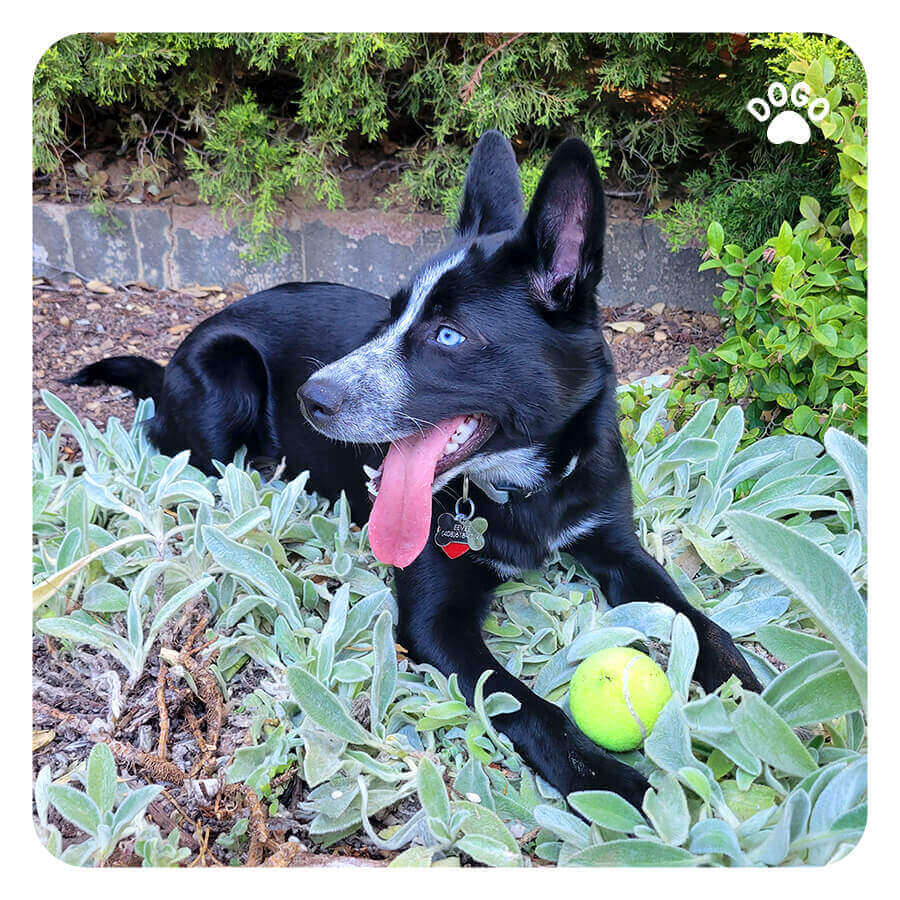 You’ve brought home your adorable new furry friend, and everything seems perfect until you notice something: those tiny, sharp teeth. If you’ve found yourself wondering about when puppies start teething and what to expect during this phase, you’re not alone. This natural process is an essential part of your puppy’s development. Let’s dive into the world of puppy teething and explore what to expect during this important stage in your pup’s life.
You’ve brought home your adorable new furry friend, and everything seems perfect until you notice something: those tiny, sharp teeth. If you’ve found yourself wondering about when puppies start teething and what to expect during this phase, you’re not alone. This natural process is an essential part of your puppy’s development. Let’s dive into the world of puppy teething and explore what to expect during this important stage in your pup’s life.
When do puppies start teething? The teething process typically begins when a puppy is around 3 to 4 months old. This is when their baby teeth (also known as deciduous teeth) start to fall out, making room for their adult teeth. Just like human babies, puppies go through a teething phase to transition from their temporary, softer baby teeth to their stronger, permanent adult teeth.
During this period, you may notice your puppy chewing on anything and everything in sight. This behavior is completely normal and serves as a way for them to relieve the discomfort caused by their incoming adult teeth. It’s essential to provide appropriate chew toys to help soothe their sore gums and redirect their chewing behavior away from your belongings.
As your puppy begins teething, you might observe an increase in drooling, irritability, and a slight decrease in appetite. Their gums may appear red and swollen, and they might even experience a little bleeding, which is nothing to be alarmed about. It’s crucial to keep an eye on your puppy’s behavior during this time, as they may be more sensitive and in need of extra comfort and care.
To help your puppy through the teething process, ensure they have access to safe chew toys designed specifically for teething puppies. These toys can help alleviate discomfort and provide a healthy outlet for their natural chewing instincts. Additionally, offering frozen washcloths or rubber toys can provide relief to their sore gums. Keep in mind that it’s important to avoid giving your puppy toys that are too hard, as these can damage their emerging adult teeth.
As your puppy’s adult teeth start to come in, you may notice a shift in their behavior and chewing habits. With their new set of teeth, they’ll have a stronger jaw and may be more inclined to chew more vigorously. It’s essential to continue providing appropriate chew toys to satisfy their natural urge to chew while also protecting your furniture and belongings.
While the teething phase can be challenging for both you and your puppy, it’s a temporary stage that paves the way for your furry friend to have a healthy, strong set of adult teeth. By understanding the teething process and providing the necessary support, you can help ensure that your puppy transitions smoothly into the next stage of their development.
In conclusion, the teething phase is a natural and essential part of your puppy’s growth. By being patient, understanding, and proactive in providing appropriate toys and care, you can help your puppy navigate this phase with minimal discomfort. Remember, just like human babies, puppies need a little extra care and attention during this time. With the right approach, you can help your puppy transition from their adorable baby teeth to a strong, healthy set of adult teeth.[/fusion_text]



